Civic engagement is a fundamental value of the CIVIS Alliance. It connects our member universities with our local communities, and gives us the opportunity to have real social impact while offering students and academics new ways to learn. To celebrate and support civic engagement across the CIVIS Alliance, we have launched the CIVIS Label and Award. The Label aims to promote the values of civic engagement and foster a sense of belonging to CIVIS. It encourages social commitment and helps to build a European University which is a space for innovative and responsible teaching, research, cultural exchanges, and citizen action across Europe and its institutions.
The prize associated with the Label is mobility funding for the teams involved. This will help the selected local initiatives internationalise and "CIVIS-ise" their work, supporting its development and implementation in other CIVIS universities and cities.
The first four CIVIS Labels were awarded on Wednesday 18 May at a special meeting during the Global CIVIS Days in Athens. The final selection of the four winning projects was made by an panel including experts on civic engagement and project evaluation from across the CIVIS Alliance. The panel selected the best-evaluated proposals in the four candidate categories: Education, Research, Governance, and External Leadership. Read on to learn more about the winners!
Education
Prize awarded to the program "Exploring the identities of refugee families through the technique of identity texts", of the National & Kapodistrian University of Athens, host of the Global Civis Days 2022. This initiative has been led by Thalia Dragona, Emeritus Professor of Social Psychology.
Description of the initiative by the participants
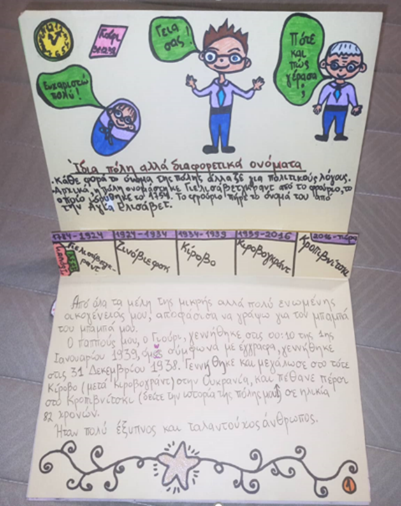
Identity texts enable learners to tell their stories and to be heard. They are a tool that transforms the interpersonal space to enable learners (particularly those from marginalized social groups) to develop and showcase identities of competence linked to literacy and civic engagement (Cummins and Early, 2006). At the National and Kapodistrian University of Athens (NKUA), we have been using this technique in refugee second language learning in the context of a large collaborative project between the City of Athens, NGO’s and the NKUA (2018-2021) concerned with adult refugee integration, as a means of empowering this uprooted population.
The refugee issue has gained new momentum with the Ukrainians fleeing their war-ridden context, and being hosted in most European countries, Greece included. We will be using identity texts with this new refugee group as part of the service-learning methodology developed by the NKUA Departments. This time, the target population is the entire family as a transgenerational learning system.
The tool will be serving not only as a language learning output but also as a means of empowering learners suffering from the trauma of war by providing the opportunity to talk about their experiences. Moreover, the benefit of this activity is that it sensitizes our students in associative living associated with matters of common care and concern.
Potential collaboration with CIVIS
There is fruitful ground for potential collaboration and possible replication of the suggested project since refugees from Ukrainian settle in most of the European CIVIS territory. Furthermore, third-country nationals will continue to arrive seeking refuge and Europe will be forced to apply integration schemes. Thus, techniques such as the “identity texts” will be useful for other population groups besides the Ukrainians.
Research
Prize awarded to the "Migration, au delà des préjugés - Migration, beyond prejudices" initiative of the Université libre de Bruxelles, led by Fariha Ali and Géraldine Courtois.
Description of the initiative by the participants
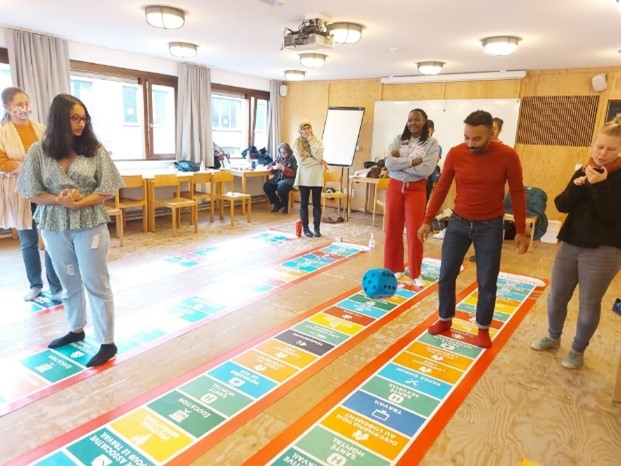 Since the 2015 refugee crisis, the project "Migration, au delà des préjugés " has developed workshop tools on migration for the youth between 15-25 years old. An innovative and unique point is that the content of the workshops is based on scientific data conducted by Université libre de Bruxelles researchers. The project thus brings neutral facts and tools to the youth to break down and analyze the migration phenomenon and stereotypes around it. Our team of volunteers, Université libre de Bruxelles students, alumni, researchers, and professors, carry out these three missions:
Since the 2015 refugee crisis, the project "Migration, au delà des préjugés " has developed workshop tools on migration for the youth between 15-25 years old. An innovative and unique point is that the content of the workshops is based on scientific data conducted by Université libre de Bruxelles researchers. The project thus brings neutral facts and tools to the youth to break down and analyze the migration phenomenon and stereotypes around it. Our team of volunteers, Université libre de Bruxelles students, alumni, researchers, and professors, carry out these three missions:
- Deconstruct stereotypes and prejudices about migration
- Activate, accompany and highlight societal engagement (for and by) the youth
- Induce intercultural encounters to experiment and improve social cohesion
The two partner organizations, ULB Engagée ASBL and the Jagora ASBL train the team of volunteers and send them to schools to facilitate the workshops and debates. Our methodology is active learning brought by Jagora. The youngsters are actors and co-constructor instead of passively receiving some knowledge.
Since science shows that intercultural contact is the most efficient to reduce stereotypes, the project offers intercultural contact activities. We also offer creative workshops where the youngsters make art about migration and intercultural experiences. Our ultimate purpose is to encourage civic engagement and critical thinking in these teenagers.
Our team of volunteers has grown immensely in these last four years: from 17 volunteers in 2017 to 99 in 2021. This growth allowed us to work with a solid team of highly involved volunteers. We also created, tested, and validated five workshops of different themes, each 2 hours long. Before the pandemic, between 2016 and 2019, we had impacted approximately 1800 youngsters. Yearly, we used to offer 95 workshops. We continued working through virtual workshops during the pandemic and adapted our tools for this new platform and possibility.
Finally, we also developed a web documentary about migration. Its purpose is to explore the topic of migration even further - with the help of online learning activities, videos, pictures, etc. It's open-access and targets youngsters and schoolteachers."
Potential collaboration with CIVIS
Our workshops are transferable to other universities. In 2021, we collaborated with the University of Genova, Italy. Our purpose was to raise awareness and share our tools with university students to replicate and/or develop the MADP approach. The training was three days long, and we got excellent feedback from the participants and the University of Genova. Unfortunately, the collaboration did not go further because of disagreement between Genova and ULB over practical issues. Nevertheless, this experience made us confident about the strength of our methodology and content. We feel we could expand and share our experiences with other Universities if given the right opportunity and enough workforce.
External Leadership
Award given to the Universidad Autónoma de Madrid International Volunteer Program, led by Silvia Arias, Claudia Rincón, and Alexis Velo, from the Universidad Autónoma de Madrid Solidarity Office.
Description of the initiative by the participants
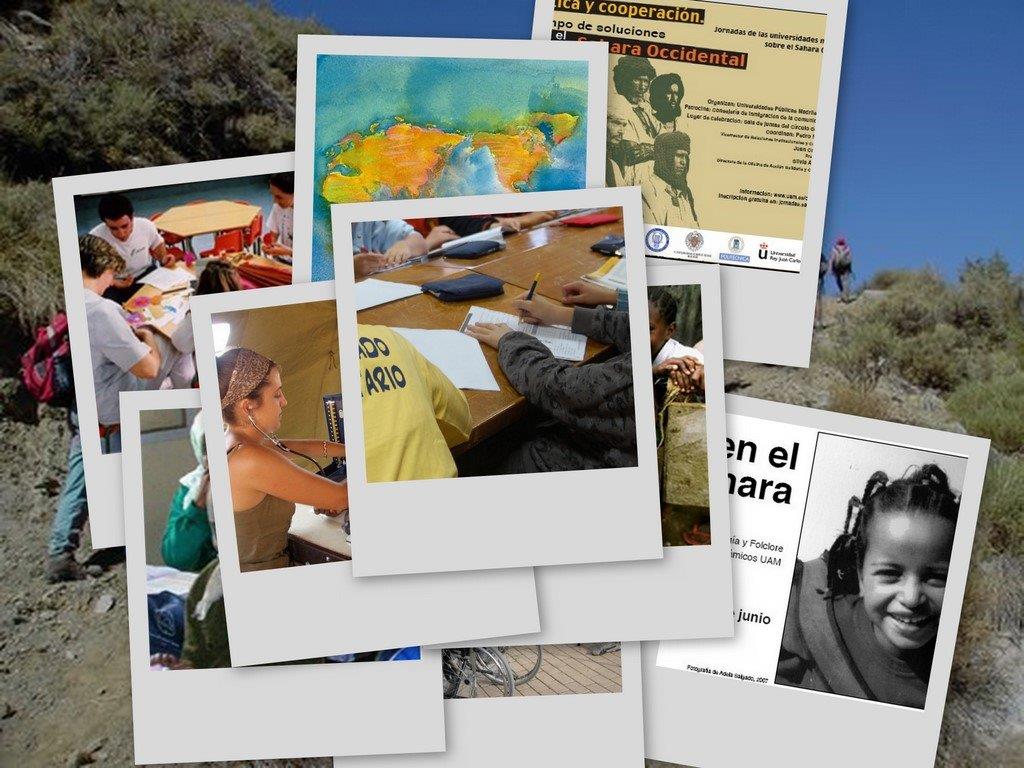 This program is a comprehensive training tool for the learning and awareness of young university students in the field of international solidarity. On the other hand, International University Volunteering is a way of networking with universities and entities that carry out social commitment activities in local communities in Latin America, Africa, Asia, and Europe.
This program is a comprehensive training tool for the learning and awareness of young university students in the field of international solidarity. On the other hand, International University Volunteering is a way of networking with universities and entities that carry out social commitment activities in local communities in Latin America, Africa, Asia, and Europe.
The International University Volunteering Programs that we manage from the Universidad Autónoma de Madrid Office for Solidarity Action and Cooperation have a duration of 6 months or more. This initiative has been taking place for more than 20 years, allowing students to learn from different perspectives, acquire new skills, and applied the ones learned at the university in new environments. This initiative aims not only on having a positive impact in communities all over the world (Europe included) but on individual values.
Thanks to this program, the Universidad Autónoma de Madrid has become the university of reference for the rest of the Spanish universities to coordinate international volunteering initiatives. It has been operating for almost 20 years and stands out for its innovative contribution by offering university students a collaborative space in a context of international solidarity.
It is one of the best impact and transformation programs not only for the entities and communities with which they work but also for the student themself.
Potential collaboration with CIVIS:
International volunteer programs have demonstrated a very positive impact with great transformative power among university students. Organizing an exchange of this type between the universities of the Alliance would respond perfectly to its objectives and to the values that Civic Engagement seeks. The project is perfectly replicable since most of the Alliance universities maintain similar volunteer programs.
Governance
Prize awarded to the Bolin Center Climate Arena initiative, Stockholm University, under the leadership of Martin Jakobsson, Dean of the Faculty of Sciences (Bolin Centre).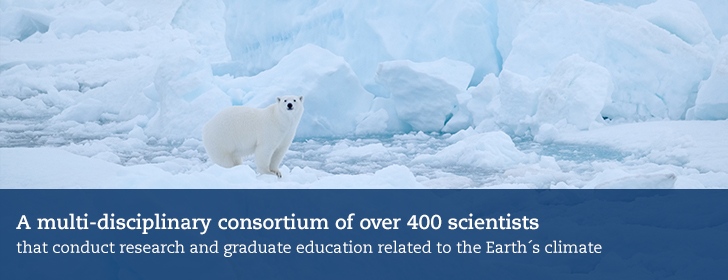
Description of the initiative by the participants
The Bolin Centre Climate Arena aims to support cross-sector work aimed at “bending the curve” of climate change by:
- Developing long-lasting relations between academic, public, business, and policy sectors,
- Enhancing the impact and utilization of knowledge and research, and
- promoting climate education for the future.
Our climate arena is a forum for the exchange of ideas about how to effectively reduce our negative impact on climate and the environment. This is done by bringing together researchers, students, companies, organisations, and other stakeholders in society. The climate arena will contribute to the strategic goal of the Bolin Centre: to create and communicate climate science, while at the same time initiating new collaborations.
Potential collaboration with CIVIS
There is an aim to create and communicate climate science, while at the same time initiating new collaborations and opportunities for attracting future funding.
Related news
-
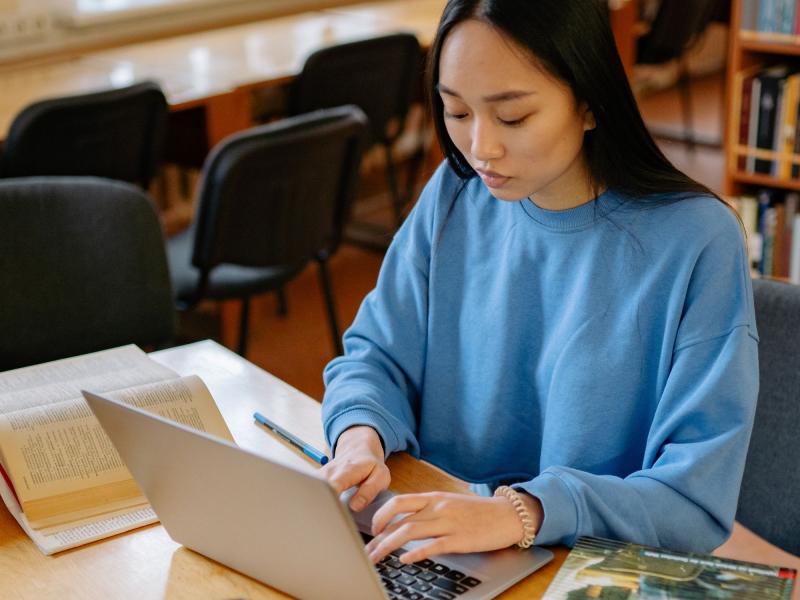
The 18th‑century dictionary craze vs today’s AI anxiety
CIVIS Highlights
11. Februar 2026 -
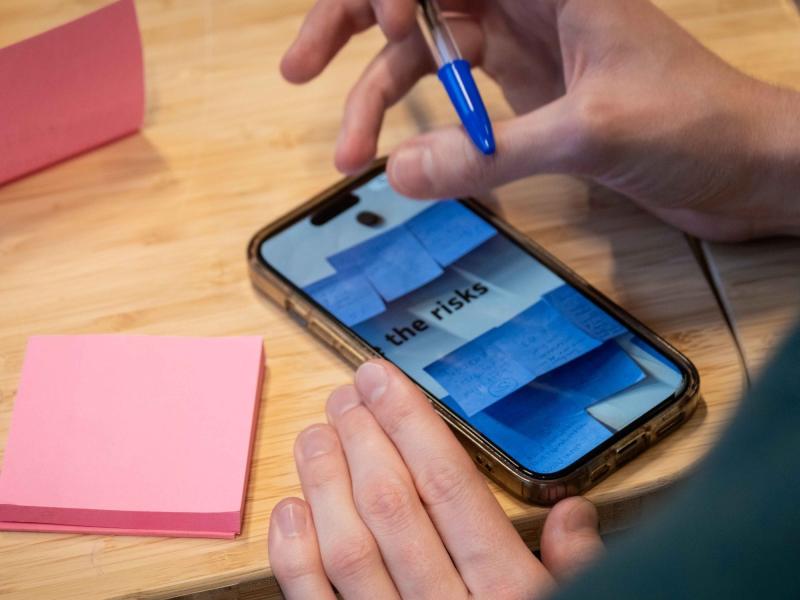
Innovative micro-credential for professionals on AI for the workplace launched by CIVIS
Learn
10. Februar 2026 -
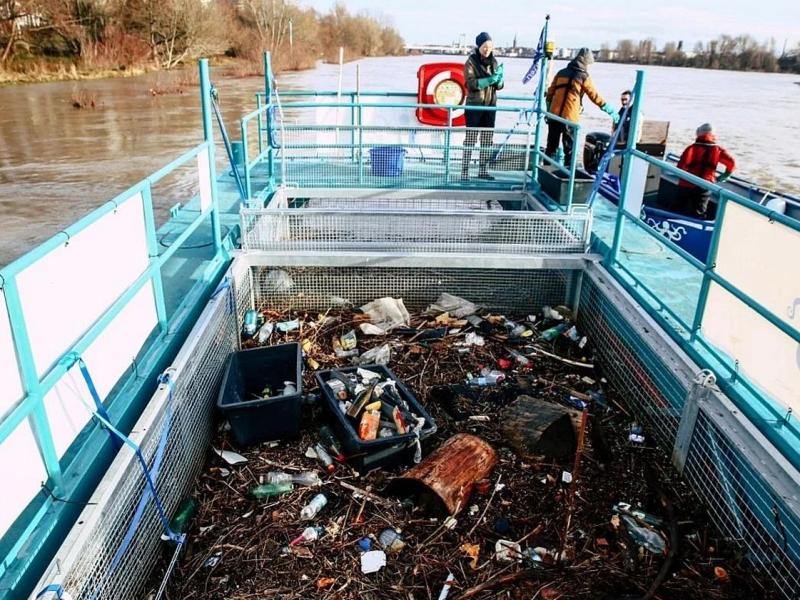
Litter in the Rhine River: some 53,000 items of litter flow past Cologne daily
CIVIS Highlights
4. Februar 2026